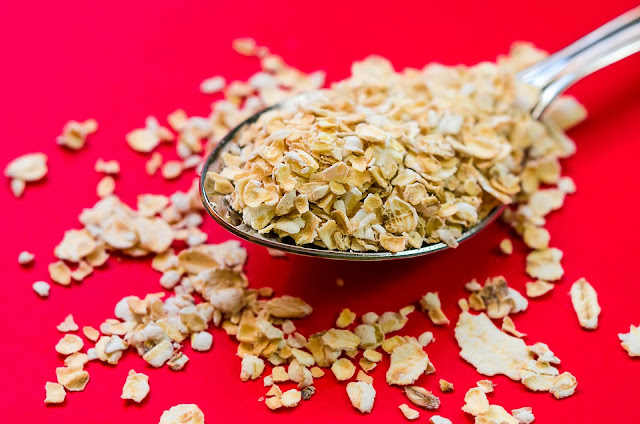Turkey, a bird native to North America, has become an integral part of American food culture, shaping everything from holiday traditions to the economy. Its impact is far-reaching, touching on agriculture, culinary trends, and even international trade. Let's explore how this bird came to hold such a prominent place in American life, all while highlighting some of the SEO keywords that can help you understand turkey's significance.
Turkey’s Historical Roots in American Food Culture
Turkey's importance in American food history dates back to the earliest European settlers. When the Pilgrims celebrated their first Thanksgiving in 1621, turkey was likely one of the meats on the table, although wildfowl was more commonly served. Over time, the bird's affordability, size, and flavor cemented its role as the centerpiece of Thanksgiving dinners across the country.
In modern America, Thanksgiving turkey recipes are endlessly diverse, ranging from traditional roasted birds to deep-fried and smoked versions. These culinary innovations have made turkey not only a holiday staple but also a popular option for healthier meals throughout the year.
The Impact of Turkey on American Cuisine
Turkey isn't just for Thanksgiving. It has become a versatile ingredient used in a variety of meals that appeal to the health-conscious American. From turkey burgers to ground turkey tacos, the lean, protein-rich meat has become a go-to alternative for beef. This shift reflects broader trends in American eating habits, where there’s a growing focus on healthy proteins and reduced red meat consumption.
Turkey also plays a role in more exotic and fusion dishes. Think turkey chili, turkey sausages, and even turkey-based charcuterie. This culinary versatility helps Turkey maintain its status as a top protein source in American kitchens.
Turkey and the American Economy
The turkey industry is a significant contributor to the American economy. According to the National Turkey Federation, over 245 million turkeys are raised annually in the U.S., with Minnesota leading the charge as the top-producing state. The industry supports thousands of jobs, from turkey farmers to those in the processing and distribution sectors.
In addition, turkey exports have grown substantially in recent years. The U.S. exports turkey to countries across the globe, with Mexico, China, and Canada being the largest importers. This international demand helps to stabilize American turkey prices and supports local economies in farming communities.
The turkey industry is also highly innovative. Over the last decade, producers have increasingly invested in sustainable farming practices, including better feed efficiency and water usage, which not only helps the environment but also reduces production costs, making turkey a more affordable option for consumers.
Turkey’s Role in American Health and Nutrition
As mentioned earlier, one of the reasons for turkey’s popularity in the U.S. is its perceived health benefits. It’s often considered a healthier alternative to red meat because of its low fat content and high protein levels. These qualities make turkey a favorite among fitness enthusiasts and those following diets like keto or paleo.
Many nutritionists recommend turkey as part of a balanced diet, particularly because it’s rich in essential nutrients like vitamin B6, niacin, and selenium, all of which are important for metabolism and immune function. With the rise of lean turkey recipes and increasing consumer awareness of healthy eating, turkey continues to play a significant role in shaping the future of American diets.
Cultural and Social Significance of Turkey in America
Beyond food and economics, turkey has a deeper cultural significance in the U.S. Every Thanksgiving, the President of the United States takes part in the ceremonial pardoning of the turkey, a lighthearted tradition that has been a part of American life since the mid-20th century. This act symbolizes the bird’s status as more than just a meal—it’s a symbol of gratitude, abundance, and national identity.
Additionally, turkey has found its way into other facets of American life. From community turkey trots (popular Thanksgiving Day races) to leftover turkey sandwich recipes that families cherish, turkey is interwoven into the very fabric of American society.
Sources:
- National Turkey Federation. "Turkey Facts and Statistics."
- United States Department of Agriculture (USDA). "Turkey Production Reports."
- The History Channel. "The History of Thanksgiving."
- American Heart Association. "Health Benefits of Lean Protein."
In conclusion, Turkey has become much more than just a bird in America—it’s a cultural icon, an economic force, and a nutritional powerhouse. From its historical roots to its modern-day culinary versatility, turkey’s impact on American food culture, health trends, and the economy is undeniable.











No comments:
Post a Comment